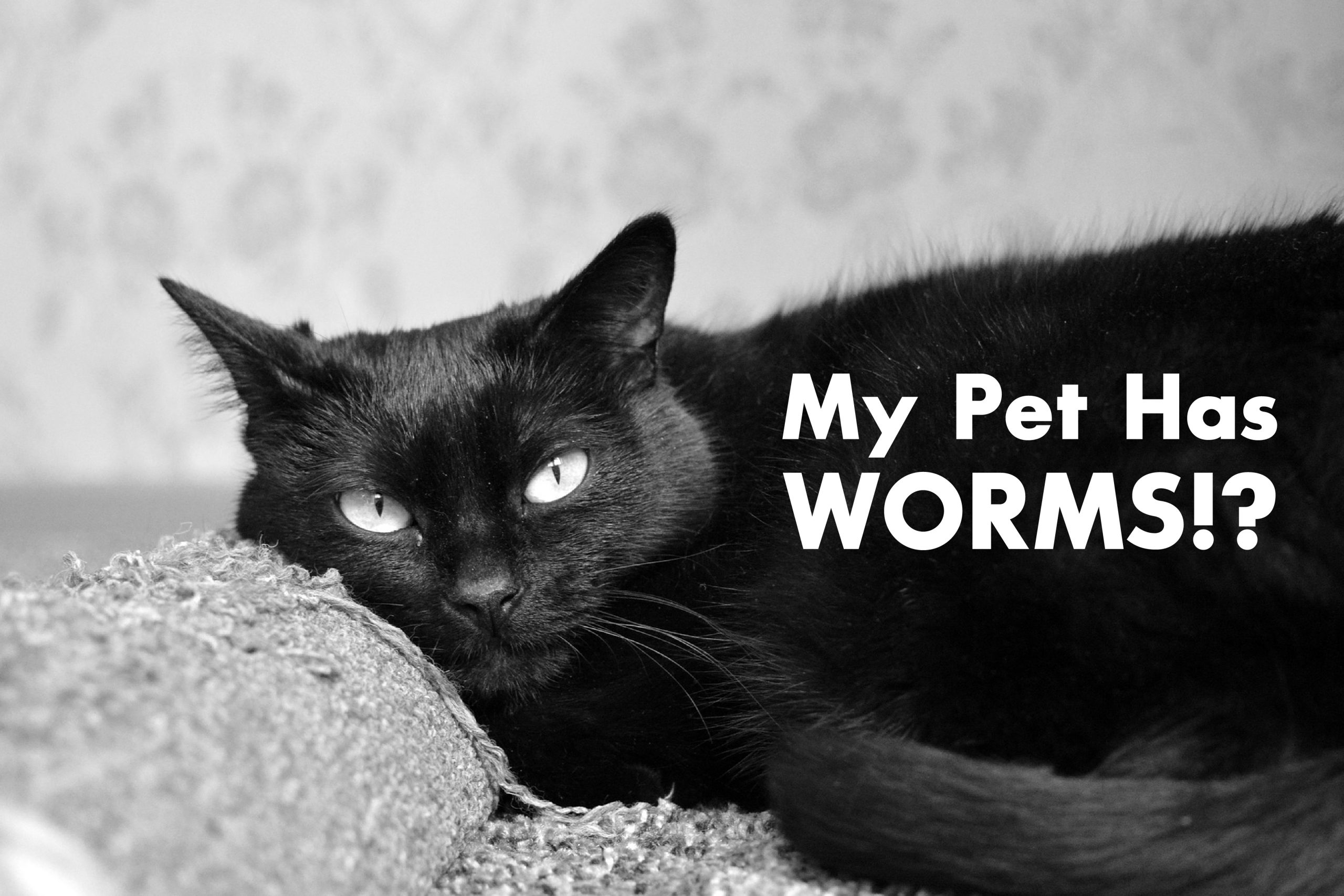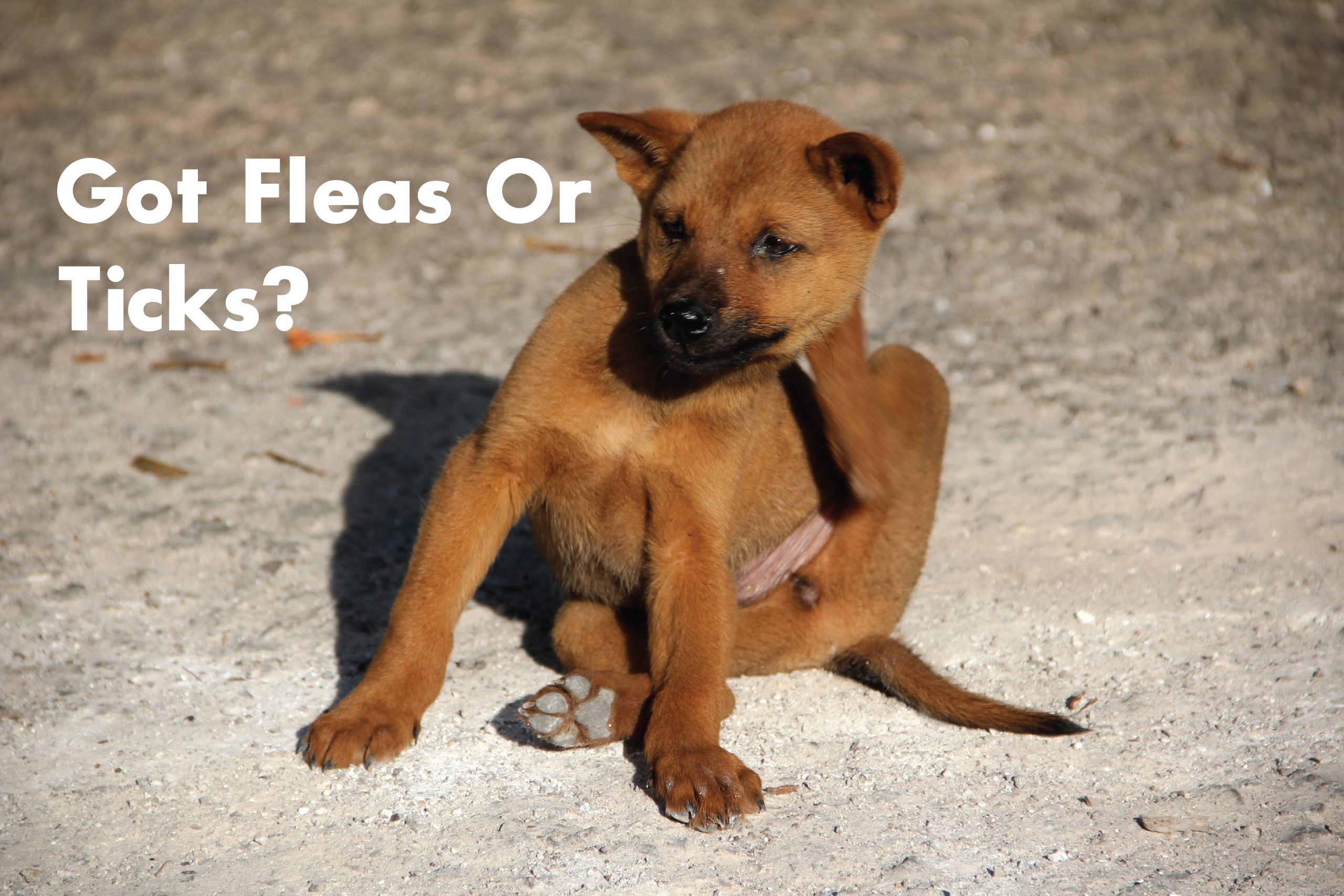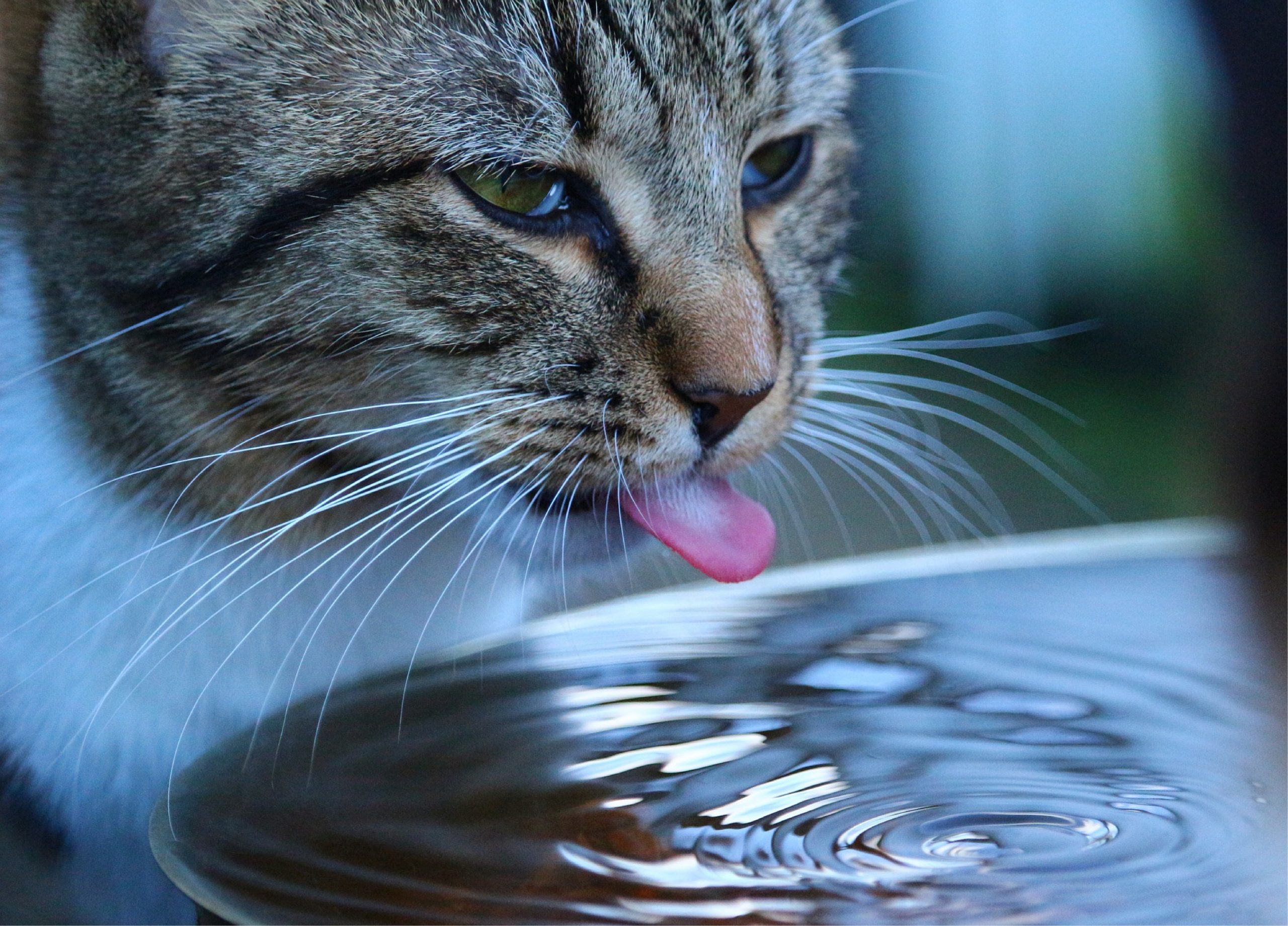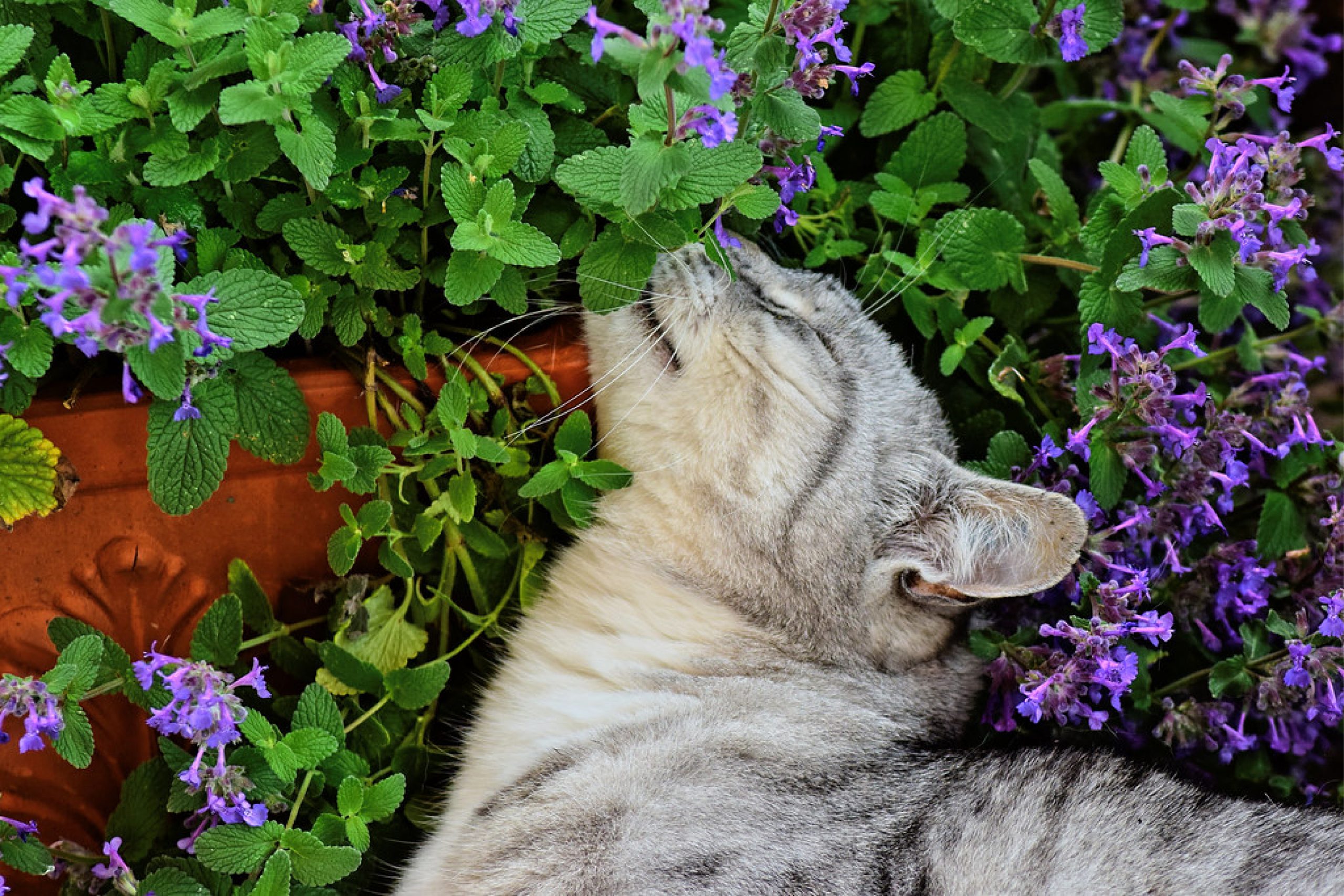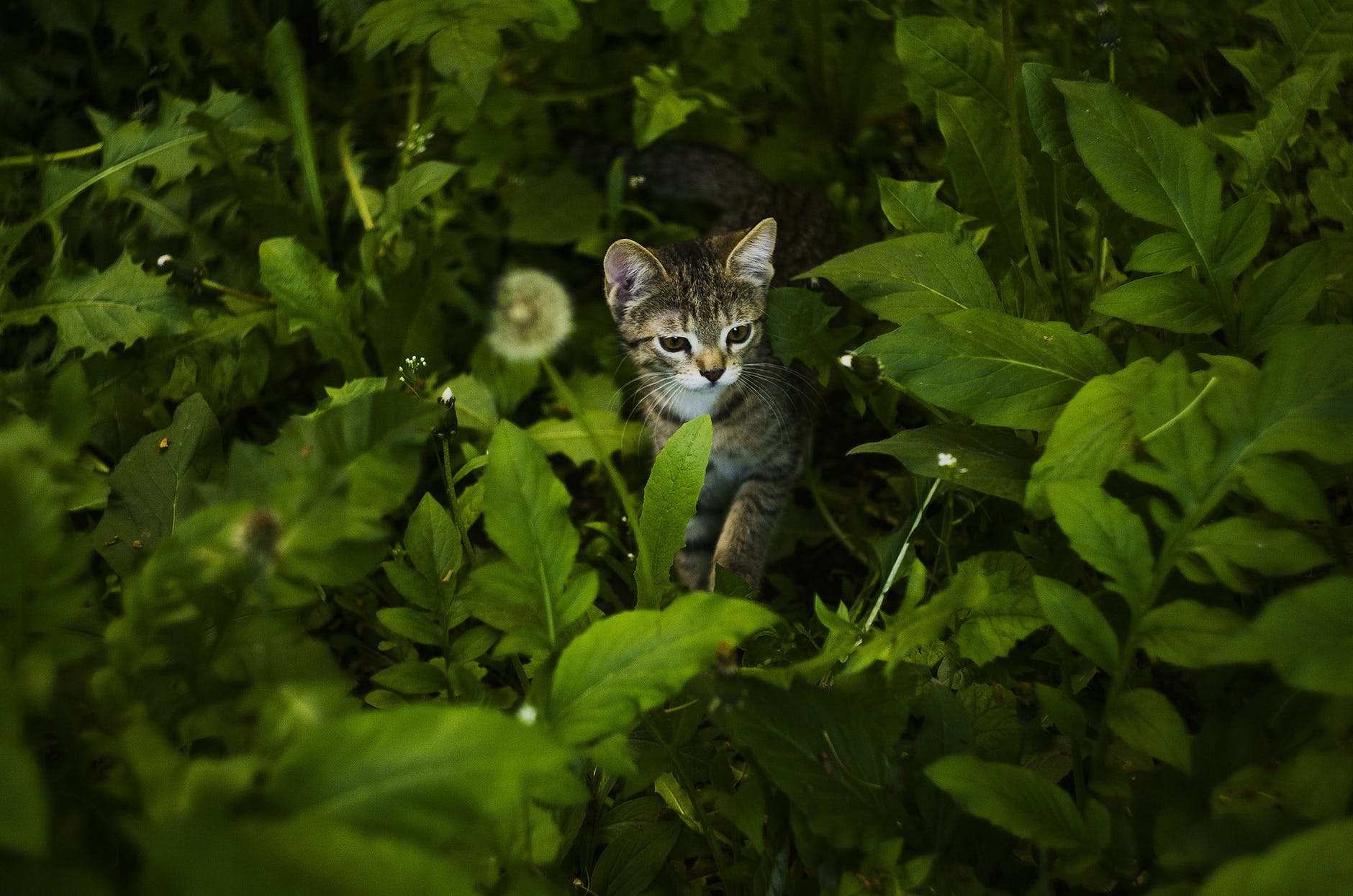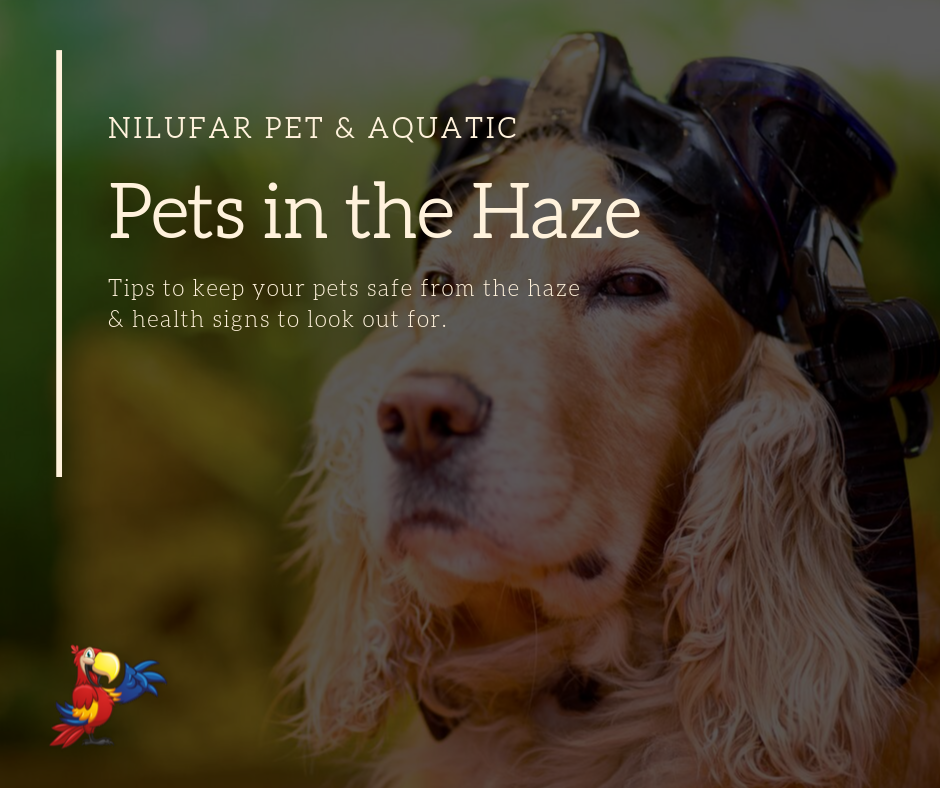As pet owners, we are always looking out for the best products for our furry kids. This includes scanning through the list of ingredients printed on our pet’s bag of food to get an idea of what will be going into their system. So, if you are a cat owner who occasionally reads the ingredient list, you’ve probably noticed that taurine is always listed in cat food products on the market.
Continue reading →
Cats
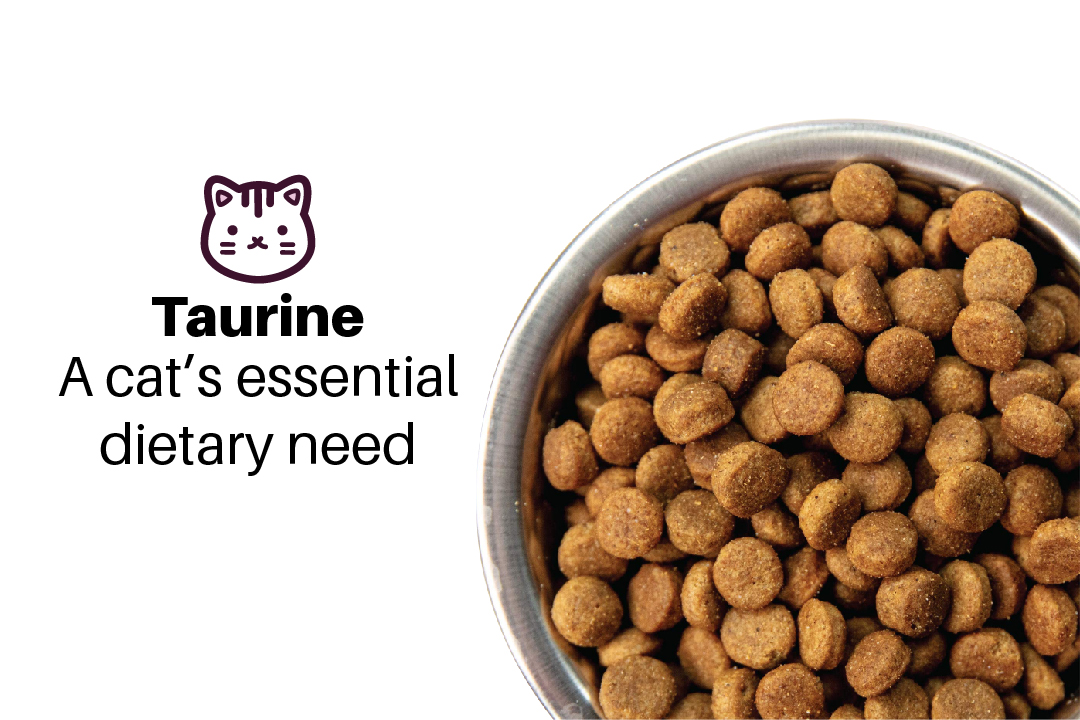
“Should I deworm my pet if it stays indoors most of the time?” “Is it even necessary to deworm my pet on a regular basis?” These are common questions lurking in most pet owners’ mind. And it is no surprise since keeping our pet’s health in tip-top shape is part of what pet parenting is all about. But if you own a dog or a cat, yes, deworming is in fact an important preventive care regime that should be practised. Here’s why!
As pet owners, we all know that fleas and ticks are some of the most annoying pests to deal with let alone prevent from getting onto our pets. These pests are dangerous as they can transmit diseases, parasites, and other health issues. The only way to protect our pets from these creepy crawlies is through prevention. Here is a quick review of the types of preventatives available for dogs and cats.
As cat owners, we are well aware that our kitties are notorious for not being big drinkers. This behaviour can be linked to their ancestors in the wild where water requirements could be met through their prey diet. But for our domesticated feline companions, this is not a viable option and so their water intake decreases substantially with their modern-day diet of dry kibbles. Therefore, it is important that we monitor our pets closely and learn to pick up on cues that suggest dehydration before further health issues emerge.
Catnip (Nepeta cataria) is a herb from the mint family. Originating in Europe and Asia, its name derives from the euphoric effect it has on cats. A chemical called nepetalactone is what triggers cats to behave excitedly when they inhale catnip. It results in highly energized rolling, stretching, leaping, and face mashing against catnip-ed objects. When ingested, however, they have a sedative effect.
We all know cats are obligate carnivores. They must eat meat in order to be in optimal health, and fulfil the inherited needs of a predator. They can only deal with trace amount of plants, like the ones passed down to them from their prey’s stomachs.
However, sometimes, we catch them nibbling on our houseplants and grasses. Why do they do that? This questionable action also may result in them vomiting, and it has us all scratching our heads on whether to bring them to the vet or otherwise.
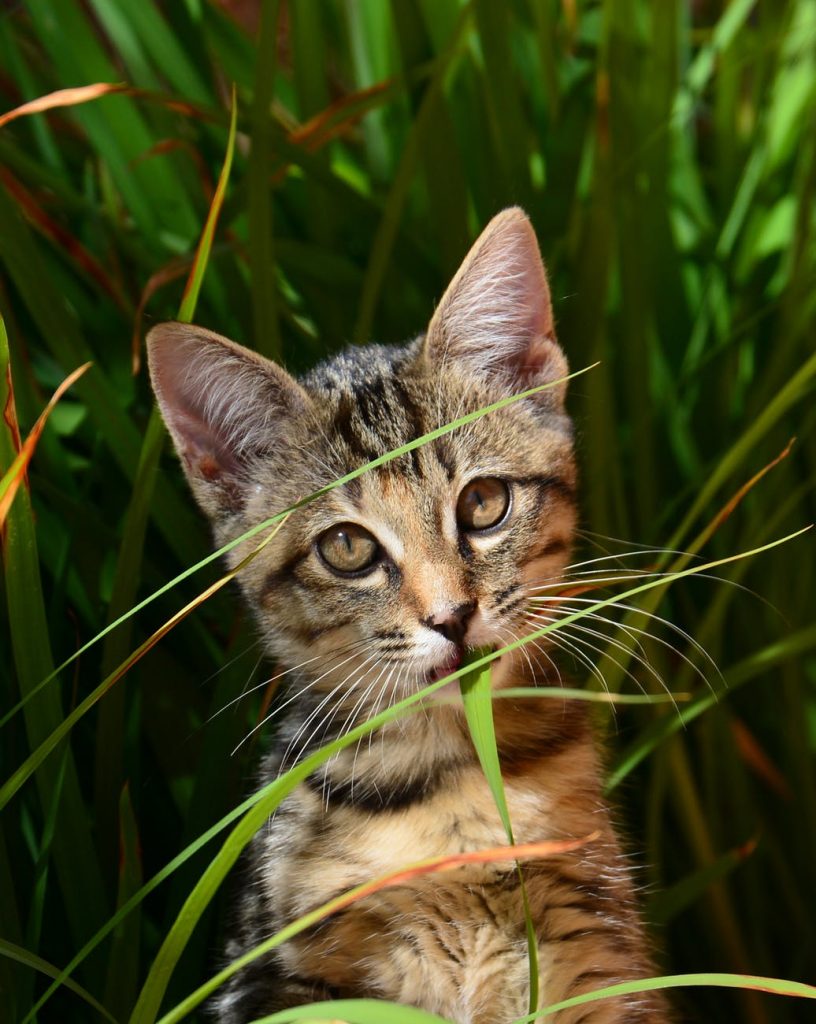
‘Casually chewing on some grass.’
But fret not, this behaviour is totally normal for cats! The vomited wet hairballs on the floor may not look like it’s saying it, but taking in plant matters actually provides important health benefits to your cats. Here’s why.
Haze isn’t fun for anyone. When haze occurs, we have to take extra precautions to avoid health problems like respiratory conditions and eye problems. And haze does not only affect us, it affects our pets too!
Here are some tips on how to prevent your pets from developing health conditions due to the haze, and what signs you need to look out for.
Does your pet scratch a lot?
Do they have a skin condition and need relief?
Do you want to pamper your pet with a relaxing and healing experience?

